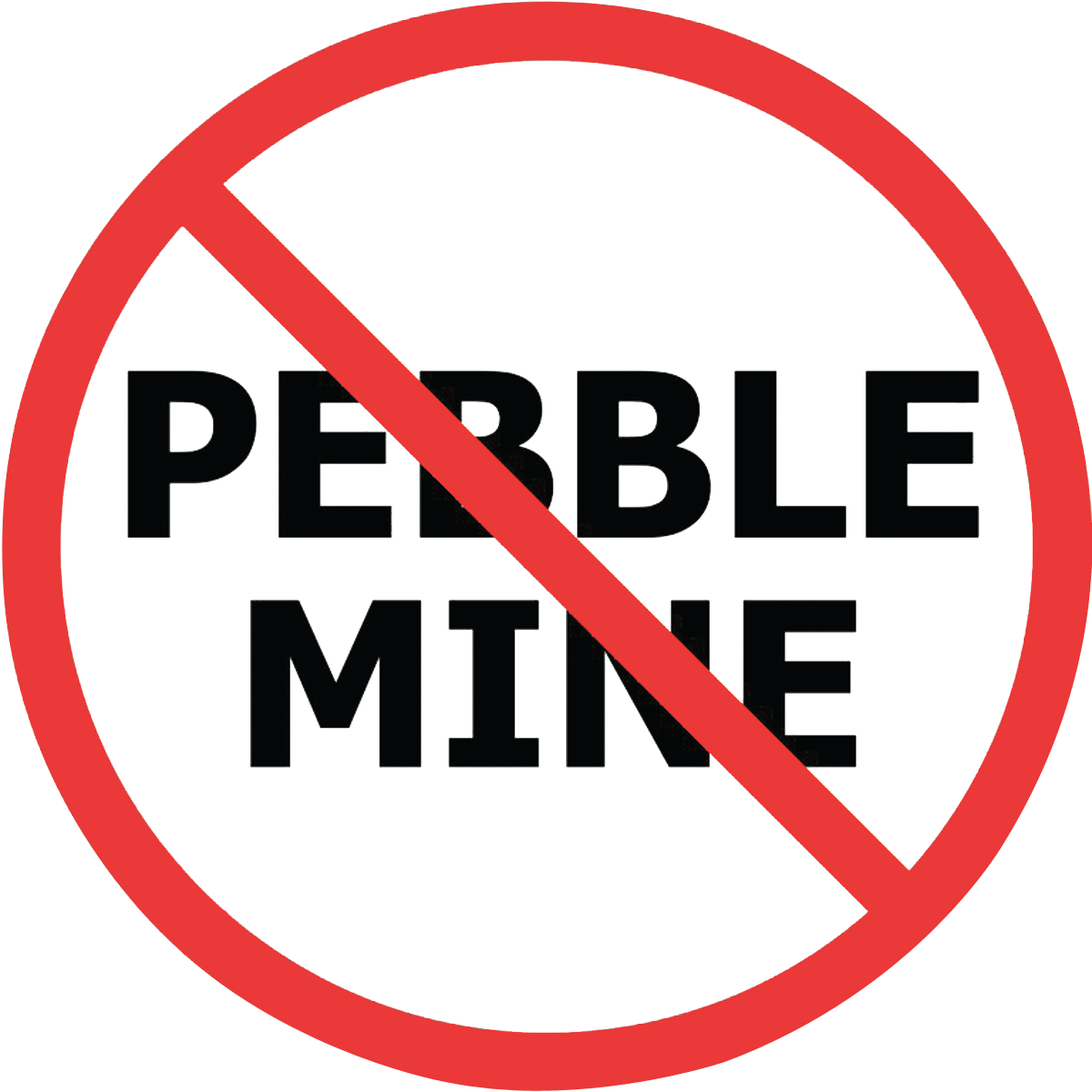By Kate McPherson 2:30 PM February 20, 2015
ANCHORAGE – A film highlighting the decline of wild salmon in the Pacific Northwest and the hope found in Alaska’s fisheries played to a sold-out crowd at the Bear Tooth Theatrepub Thursday night.
‘The Breach” examines the destruction of salmon habitat, including Washington’s Elwha River and the fight to remove the dam. Bristol Bay’s fishery and the controversy surrounding the proposed Pebble Mine in Western Alaska is also featured in the film.
The Environmental Protection Agency issued its proposed determination in July 2014 to restrict the use of certain waters in the Bristol Bay watershed for disposal of dredged or fill material associated with mining the Pebble deposit — essentially putting an end to the plans of a gold and copper mine in the area. A spokeswoman for the EPA said Thursday that the next step in the process toward a final decision or a withdrawal of the proposed determination is on hold because of litigation.
“Alaska is a different story. Since statehood, Alaska management practice has been the best in the world,” said Mark Titus, writer and director of “The Breach.”
“Those of us in the Lower 48 who are mourning the loss of the fish that we hold up as icons look to Alaska as a model of what still can remain as the best of the best,” added Titus, who grew up fishing and went on to work in Bristol Bay fish processing and as a guide in Southeast Alaska.
Commercial fisherwoman Katherine Carscallen flew from Dillingham to support Titus in Anchorage.
“If we can’t learn from our mistakes then I don’t know what will happen to the future for us either,” said Carscallen, who is also the sustainability director for the Bristol Bay Regional Seafood Development Association. ”I haven’t seen a better film or just better way to represent what’s happened everywhere else and what has gotten us to the point to where there really aren’t that many salmon runs like Bristol Bay left.”
Seattle-based Titus says he’s not an activist; he’s a storyteller.
“Salmon are a universal language, not only in the Pacific Northwest and Alaska but, as I learned to discover, it was on the East Coast of the US and Europe as well and those stocks are unfortunately gone for the most part,” Titus said.
“If you want to save wild fish, eat wild fish, it seems counterintuitive, but the reality is if enough people want wild salmon on their plates they’re going to demand the habitat sufficient to bring those animals back in perpetuity,” he said.
“The Breach,” which took four years to make, won Best International Feature Documentary for 2014 at Ireland’s Galway Film Festival. Anchorage was the first stop on a national tour of 12 cities, including Ketchikan on Feb. 21 and 22, Fairbanks on Feb. 24 and Dillingham on Feb. 26.
See full story here.
